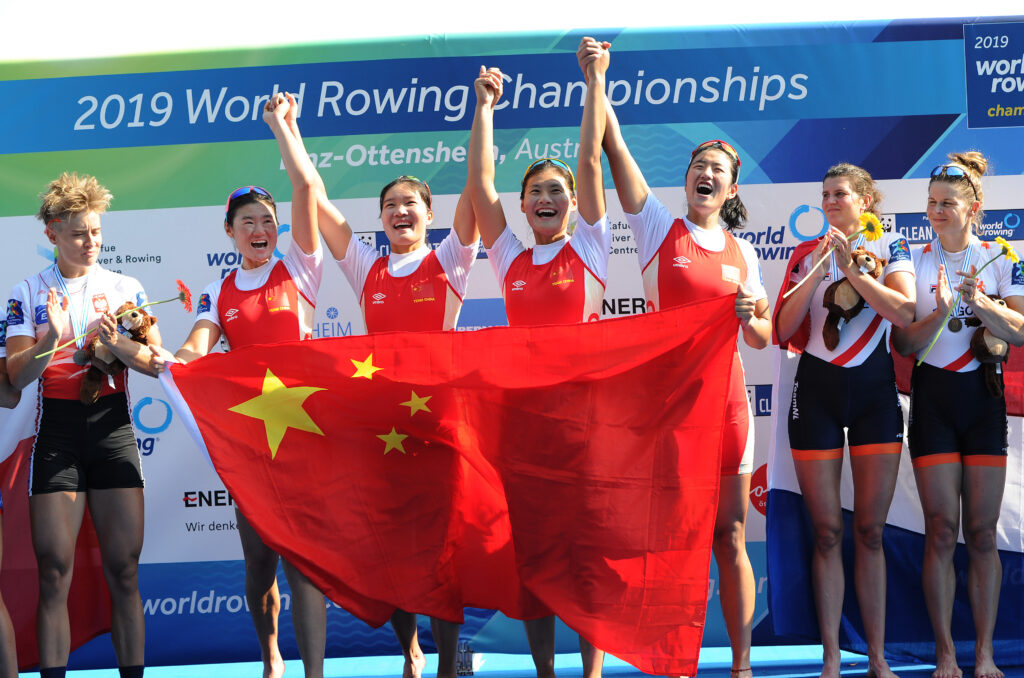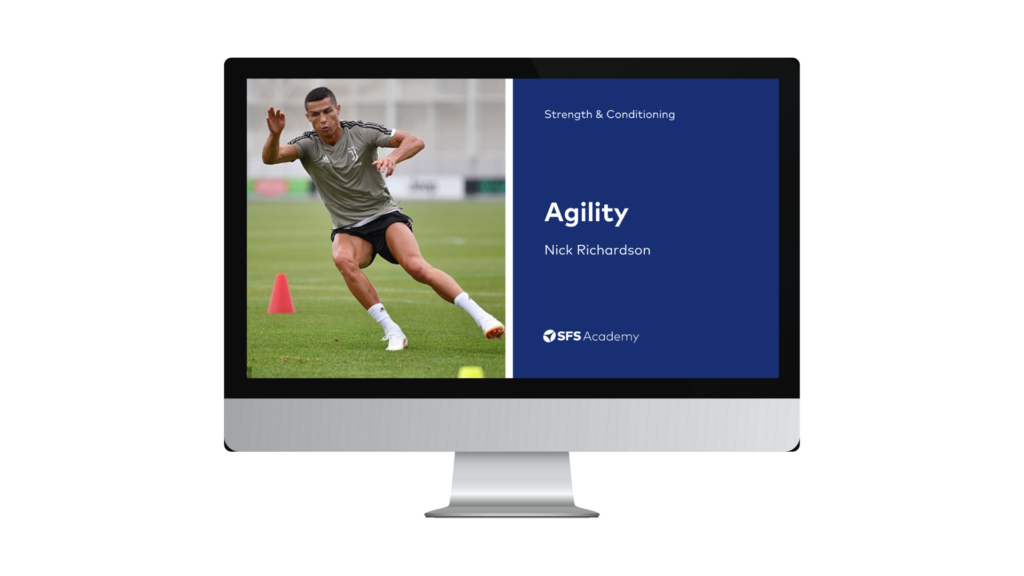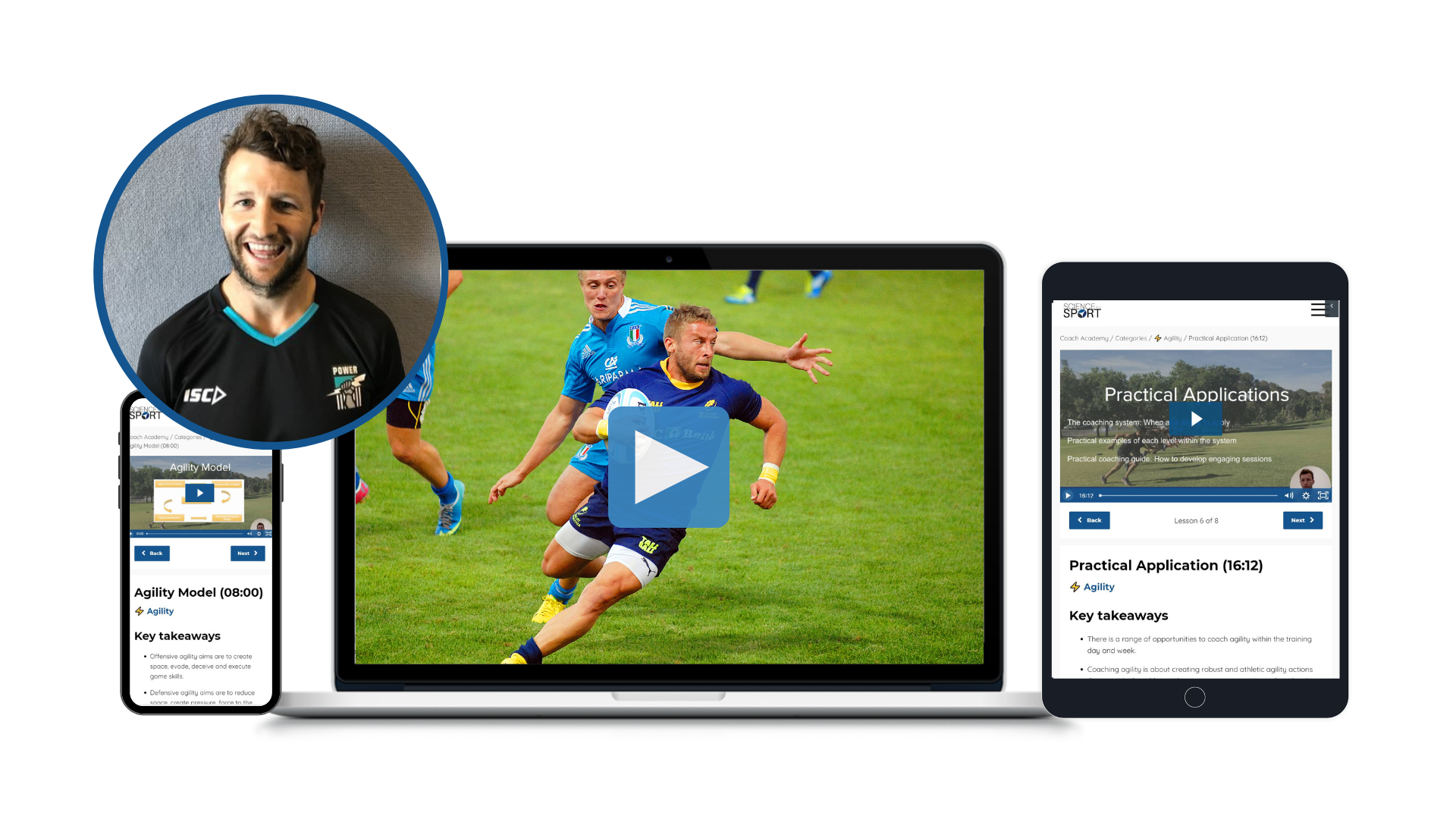This week in the world of sports science, here’s what happened…
- Is Ashwagandha a safe and effective supplement?
- Are imagery apps effective for mental and technical skills?
- Preparing for the rowing World Championships from a scientific perspective
Is Ashwagandha a safe and effective supplement?

A recent YouTube short video has gained significant attention due to its discussion of the potential benefits of the supplement Ashwagandha. The video features Dr Layne Norton, who appeared on the Found My Fitness podcast. In the short clip, Norton shares his positive view on Ashwagandha, highlighting meta-analyses that demonstrate its positive effects on lean body mass, strength, stress management, and sleep. However, it is important to note that the clip omitted additional information provided by Norton regarding potential concerns associated with Ashwagandha.
In Norton’s comprehensive discussion on Ashwagandha, he acknowledges certain concerns, including its potential adverse effects on liver health and its association with depression. Nevertheless, Norton explains that these safety concerns were not observed in randomised control trial studies. Notably, Denmark has prohibited the use of Ashwagandha based on a 2020 safety assessment, which revealed potential rare cases where Ashwagandha may negatively impact thyroid function and potentially lead to miscarriages. Additionally, the assessment failed to establish a safe lower limit for intake. Several countries, including Sweden and Finland, are contemplating banning the supplement, while Poland has established a maximum daily intake level.
Although Norton maintains an optimistic outlook on the safety and benefits of Ashwagandha, he acknowledges the necessity for further extensive research over an extended period to comprehensively understand its effects. While the research shows promise, it’s important to consider potential safety concerns associated with Ashwagandha. It is disappointing that the short YouTube clip failed to include the segment of the podcast where Norton discusses the safety considerations and emphasises the need for additional research on Ashwagandha. For further insight into sports supplements, our excellent course is available: Sports Supplements
Are imagery apps effective for mental and technical skills?

Imagery has been a well-established tool in the field of sports psychology for enhancing athletes’ mental performance. Recently, imagery apps have been developed and proposed as effective means for improving imagery skills. A recent study aimed to investigate the efficacy of these imagery apps.
The study enlisted junior national squash athletes with no prior experience in imagery training as participants. These participants were divided into three groups: an app-based imagery group, a reflective diary group (traditional imagery), and a control group. Following an initial workshop and a 12-week intervention, the groups were evaluated using the Sport Imagery Questionnaire and their squash technical skills.
The findings revealed that the app-based imagery group demonstrated the most significant improvement in both the Sport Imagery Questionnaire and squash technical performance. This outcome suggests that mobile apps can serve as a practical and effective alternative to traditional imagery skill techniques (reflective diary) for young athletes. In fact, apps may even surpass conventional methods in effectiveness, especially among the youth population.
For further insights into imagery, we invite you to explore our comprehensive blog Sport Psychology: How It Can It Benefit Sub-Elite Athletes, where we delve into an in-depth discussion on imagery/visualisation. Additionally, our course Building Confidence In Athletes features a dedicated presentation on imagery that is highly recommended for a more thorough understanding.
Preparing for the rowing World Championships from a scientific perspective

A recent study has been published, providing valuable insights into the long-term training preparation of elite athletes. The study documented the training volume and intensity of six elite Chinese rowers during a 44-week period leading up to the 2019 World Championships, where China achieved success with three gold medals and one silver.
The findings revealed that the total training time for the season amounted to 907 hours, averaging over 20 hours of training per week during the 44 weeks. Approximately 68% of their overall training regimen focused on rowing, with 17% devoted to strength training. The remaining time was allocated to warm-ups, flexibility training, and non-specific endurance training.
Regarding the training intensity, a mere 4.6% of their overall training was carried out at high intensity, with 8.4% at moderate intensity, and a substantial 87% at low intensity. The researchers also conducted four 2000m and 5000m time trials throughout the season to track performance progress. The results exhibited substantial improvements in the rowers‘ performance, demonstrated by their significantly faster times in the fourth 2000m and 5000m time trials compared to their initial attempts.
This study provides invaluable insights into elite athletes’ training volume and intensities in the lead-up to major championships and is highly recommended to view. It also underscores the significance of incorporating a substantial amount of low-intensity training for rowers. One aspect of the research that can be seen as frustrating is the length of time it took to publish the study based on the 2018/2019 season data. This delay raises the possibility that training methods may have evolved or improved since that time, which could be worth exploring. Nevertheless, the study still offers a unique perspective on the preparation of elite athletes.
If you are a rower or work in the sport, check out our course Strength Training for Rowers to take your performance to the next level!
From us this week:
>> New course: Flow State for Athletes
>> New podcast: Perfect Programming: Individualisation For 100s Of Athletes At Once
>> New infographic: Should You Perform A Primer Two Hours Before Competition?
>> New article: Hydrotherapy
Access to a growing library of sports science courses
SFS Academy is an all-access membership to premium sports science education.
With SFS Academy, you’ll learn from some of the best coaches around the world as they teach you how to apply the latest research and practice with your athletes.




